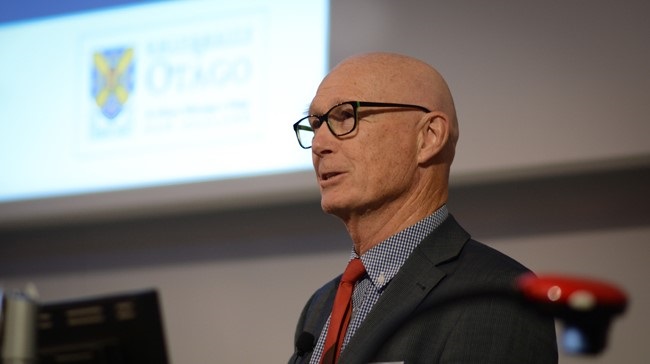A new international report linking obesity, under-nutrition and climate change is calling for strong global actions to address all three issues at once.

The Lancet Obesity Commission report published on Monday, January 28, 2019 argued that, to address the three interconnected pandemics, leaders must take a hard line against powerful vested commercial interests.
Prof. Boyd Swinburn from the University of Auckland, co-chair of 43 world-leading experts, who authored the report, said the commission has overhaul regulations and economic incentives within the food system.
“Obesity, under-nutrition and climate change are usually viewed as separate, but we show that not only do they share many key drivers, they fuel each other via multiple feedback loops.
“For example, food systems not only drive the obesity and under-nutrition pandemics but also generate more than a quarter of global greenhouse gas emissions and about half of New Zealand’s emissions,’’ Prof Swinburn said.
According to him, car-dominated transportation systems promote sedentary lifestyles and generate up to a quarter of global emissions.
“Climate change will increase under-nutrition through greater food insecurity from extreme weather events, droughts, and shifts in agriculture,’’ Swinburn said.
The scientist said New Zealand could become a trailblazer if the principles behind the government’s new well-being budget were applied across all government policies and spending.
The Lancet Obesity Commission also recommended that all countries enshrine in law an overarching Right to Well-being, which would include the existing human rights, along with a new right to a healthy environment.
It also suggested subsidies redirected towards healthy and sustainable foods and energy; a global philanthropic fund of $1 billion to support social movements demanding policy action. Also, it called for “a 7-generations fund’’ to research and apply indigenous and traditional knowledge and worldviews on living well, “making decisions today for seven generations ahead.’’
